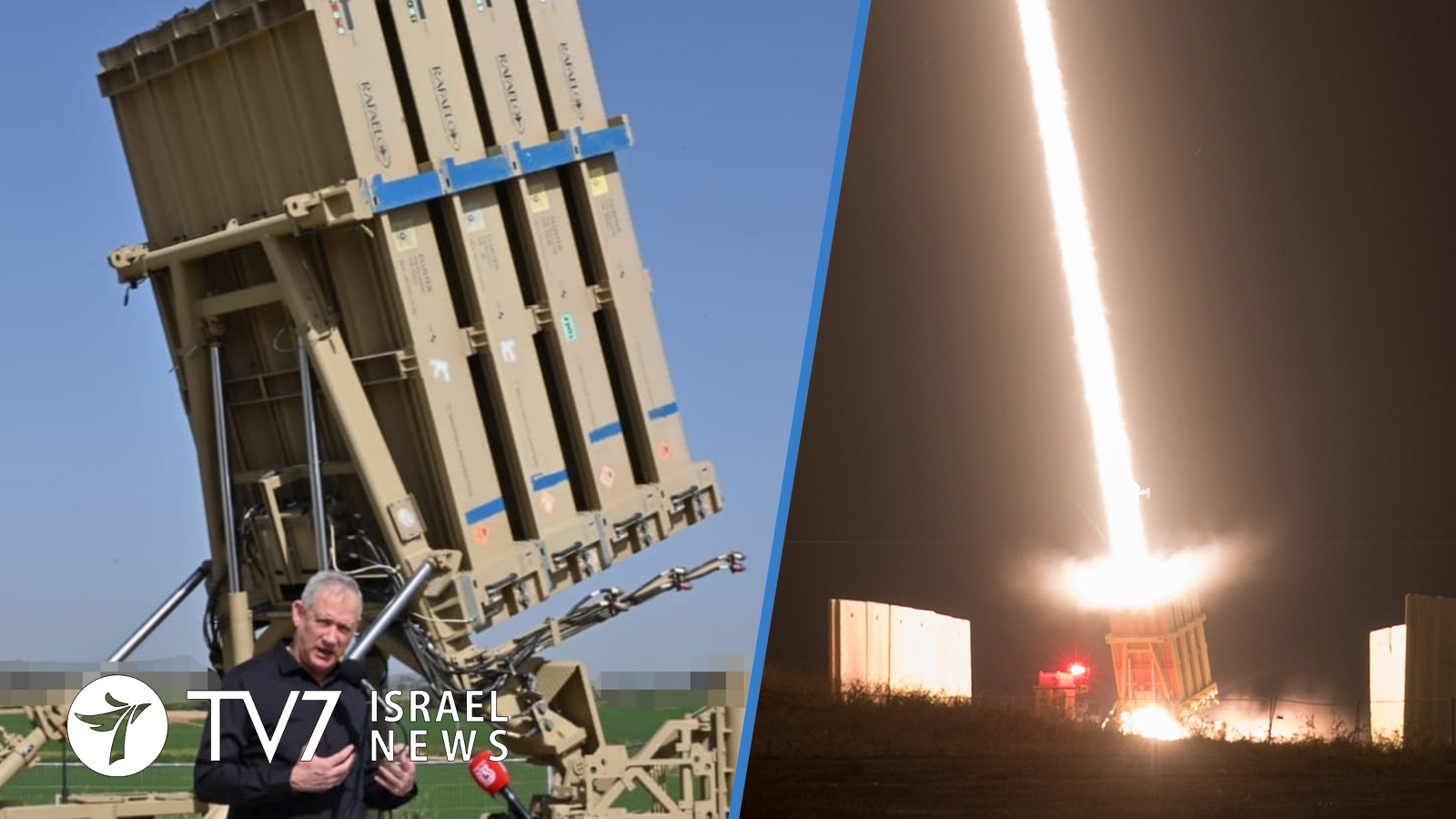Israel’s security establishment held a ceremony to mark one decade since activation of the country’s Iron Dome anti-missile defense system.
Alternate Premier and Defense Minister Benny Gantz joined Economy Minister and former Defense Minister Amir Peretz and other senior officials for a status briefing. They reviewed new developments and the current state of the defense system’s geographic deployment, after which Defense Minister Gantz held a discussion with IDF combat soldiers.
Israel revealed mid-March that the Iron Dome Weapon System (IDDS) had just been significantly advanced. The newest version of the anti-missile defense system will be used by the Israeli Air Force (IAF) and the Navy for operational use toward further bolstering national multi-tier capabilities.
In an address to those gathered, Gantz said: “The State of Israel is the strongest country in the region, and it will remain that way for two reasons: because we have no choice, and because of people like you, those who came before you and those who will come after you, who fulfill their role so gracefully and so well.”
“We have offensive systems that are active 24/7, 365 days a year – and are ready for action on any front, at any range, and in any dimension in which the IDF is called upon to act,” underscored the Defense Chief.
While he did not address reports that an Iranian ship was struck with limpet mines in the Red Sea on Tuesday, Gantz said, “We are preparing ourselves at this time on numerous fronts: at our southern and northern borders, as well as vis-à-vis the threats that Iran is presenting, whether directly or indirectly via its proxies in the Middle East.”
The Iranian vessel named Saviz was targeted in what multiple sources attributed to Israel. While TV7 could not immediately confirm IDF involvement, intelligence officials confirmed that even though the Saviz is registered as a cargo ship it is in fact an intelligence vessel operated by the Islamic Revolutionary Guards Corps Navy (IRGCN).
In comments just before news broke about the attack, Israeli Prime Minister Benjamin Netanyahu told members of his Likud party that “we must continue to fend off Iranian belligerence in our region. And this threat is no theoretical matter. I’m not uttering it rhetorically. We must take action in the face of the fanatical regime in Iran, which simply threatens to wipe us off the face of the earth.”
The incident marks the fourth time Iranian- or Israeli-owned ships have come under attack in recent months in which the two arch-enemies accused each other of responsibility.
The Israeli MT LORI cargo ship was damaged by a missile in the Arabian Sea on 25 March, in what a senior Israeli security official called a suspected-Iranian strike. The ship was able to continue its journey, he said.
Two weeks before, Iran accused Israel of involvement in an attack on its Shahr e Kord container ship in the Mediterranean Sea. “Considering the geographical location and the way the ship was targeted, one of the strong possibilities is that this terrorist operation was carried out by the Zionist regime (Israel),” the semi-official Nournews reported, citing a member of the Iranian investigation team. Israeli Defense Minister Gantz also declined to directly respond to the incident at that time, although he commented that the Islamic Republic routinely ships weapons to its proxies in the region.
Israeli Prime Minister Benjamin Netanyahu directly placed blame on Iran for an explosion aboard the Israeli-owned MV Helios Ray vehicle carrier ship in the Gulf of Oman overnight 25-26 February that tore holes in both sides of the hull of the vehicle-carrier ship but inflicted no casualties.
